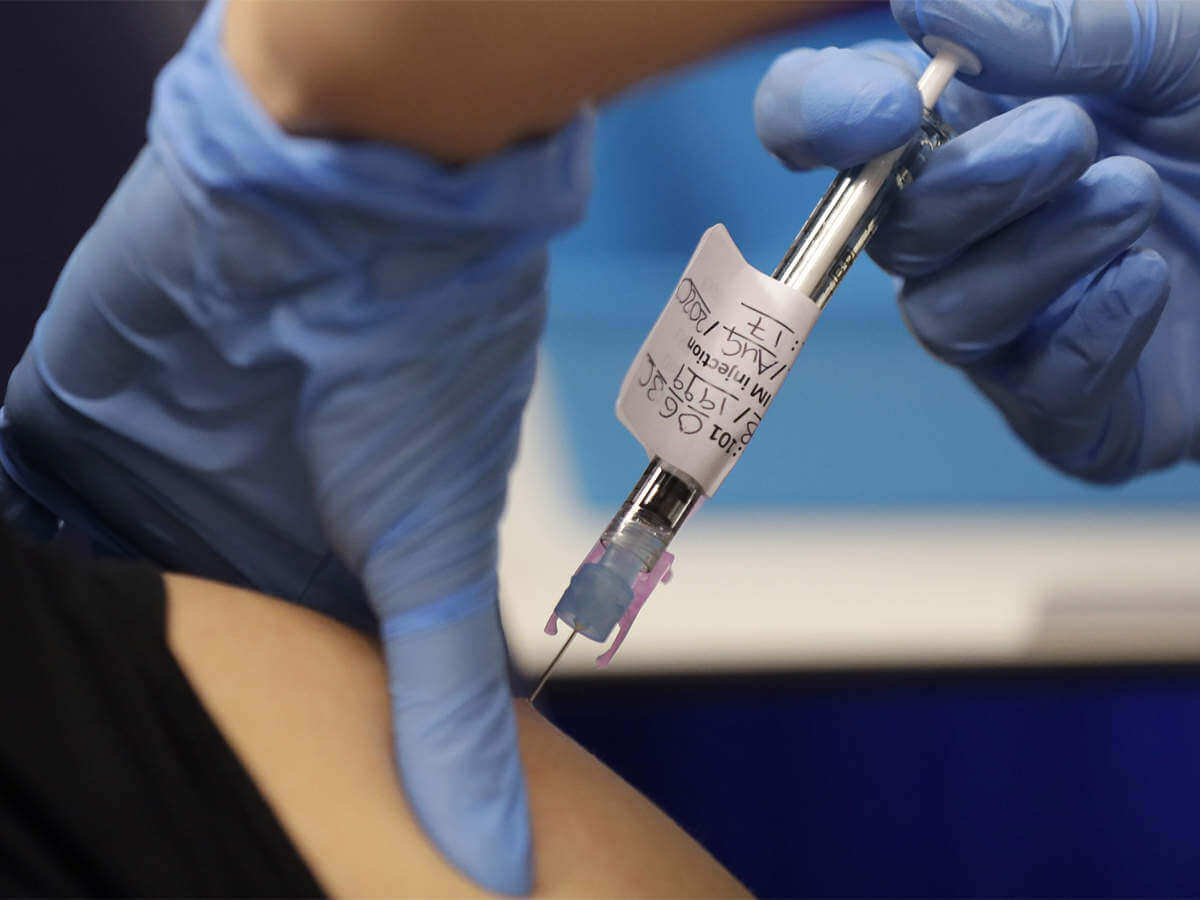
WHO Implores Equality in the Distribution of COVID-19 Vaccine as It Marks World Health Day
The World Health Organization has urged for global COVID-19 vaccine equality and for countries to build a fairer, healthier world post-pandemic as part of five calls to action to mark World Health Day on Wednesday.
The organization said that within countries, illness and death from COVID-19 have been higher among groups who face discrimination, poverty, social exclusion, and adverse daily living and working conditions – including humanitarian crises.
But as countries continue to fight the pandemic, it has said a unique opportunity has emerged to build back better a fairer, healthier world by implementing existing commitments, resolutions, and agreements while also making new and bold commitments.
“The COVID-19 pandemic has thrived amid the inequalities in our societies and the gaps in our health systems,” says Dr Tedros Adhanom Ghebreyesus, WHO director-general. “It is vital for all governments to invest in strengthening their health services and to remove the barriers that prevent so many people from using them, so more people have the chance to live healthy lives.”
Accelerate equitable access to COVID-19 technologies
While safe and effective vaccines have been developed and approved at record speed, the challenge now is to ensure that they are available to everyone who needs them, the WHO said.
Key here is additional support to COVAX – an entity run by a coalition that includes the Vaccine Alliance known as Gavi and the WHO, and which is funded by donations from governments, multilateral institutions and foundations.
Its mission is to buy coronavirus vaccines in bulk and send them to poorer nations that can’t compete with wealthy countries in securing contracts with the major drug companies.
The WHO hopes COVAX will have reached 100 countries and economies in the coming days.
But vaccines alone will not overcome COVID-19, it says.
Commodities such as medical oxygen and personal protective equipment (PPE), as well as reliable diagnostic tests and medicines are also vital. Strong mechanisms to fairly distribute all these products within national borders are essential.
The WHO aims to establish testing and treatments for hundreds of millions of people in low and middle-income countries who would otherwise miss out, but it still requires $22.1 billion to deliver these vital tools.
The WHO has also urged for investment in primary health care services, and is asking governments to meet its recommended target of spending an additional one percent of GDP on primary health care (PHC). Scaling up PHC interventions across low- and middle-income countries could save 60 million lives and increase average life expectancy by 3.7 years by 2030.
Countries also need to prioritize health and social protection, build safe, healthy and inclusive neighbourhoods and strengthen data systems.
For all the latest headlines follow our Google News channel online or via the app.
Health inequality monitoring should be an integral part of all national health information systems, says the WHO.
“Now is the time to invest in health as a motor of development,” said Dr Tedros. “We do not need to choose between improving public health, building sustainable societies, ensuring food security and adequate nutrition, tackling climate change and having thriving local economies.
“All these vital outcomes go hand in hand.”

